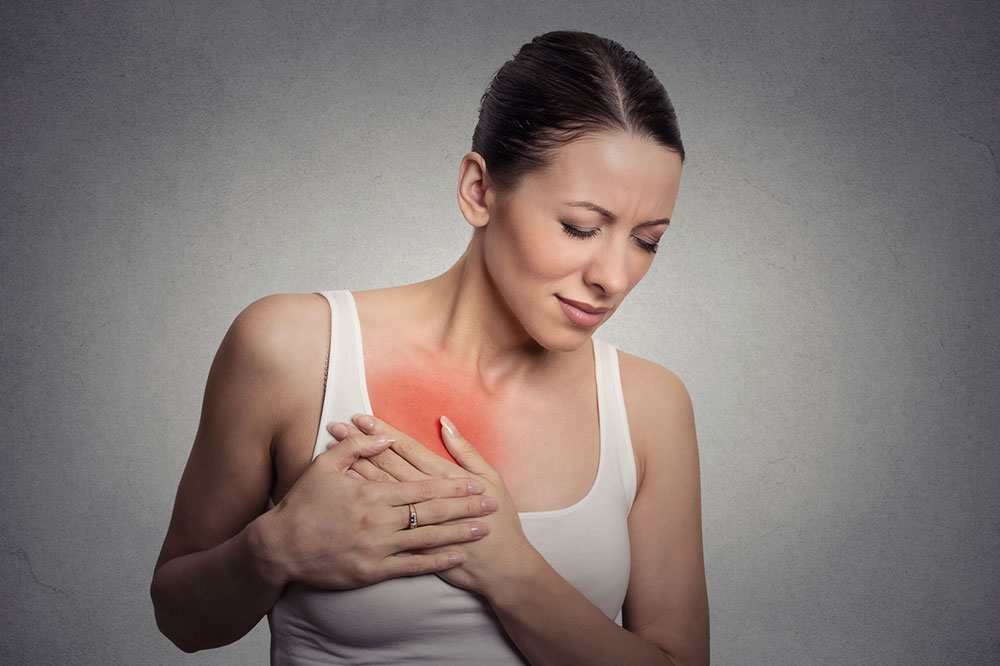
Risk Factors of Breast Cancer
There are many factors that contribute to breast cancer, with the most common ones being beyond our control—think old age, genetics, and family history. However, other factors such as weight, lifestyle choices, and maintaining good health are factors that one does have control over. A better understanding of the risk factors for breast cancer can help aid your awareness, equip you with the information you need during diagnosis, and even help you lower the risk of the condition.
Age
Just like many other illnesses, the risk of breast cancer increases with age. The American Cancer Society claims that two out of three invasive breast cancers are found in women aged 50 or above. Growing age promotes genetic mutation and slows down the reparation of damage that is caused to genetic material.
Family history
If a first relative, especially a woman, has or had breast cancer, then it increases your risk of getting it. That is, if your mother, sister, or daughter has or had been diagnosed with breast cancer, then your chances of being prone to the disease are high. Family history makes it to the top of the list because of its association with an abnormal gene that may have passed down generations.
Menstrual pattern
If your menstrual cycle starts at an early age (before 12) and your menopause doesn’t begin until the age of 55, then it raises your risk of getting breast cancer. The prolonged exposure to hormones such as estrogen can be one of the reasons behind this.
Weight
Being overweight means more fat tissues, which increase estrogen levels in the body. These increased levels of estrogen in women, in turn, heighten the risk of both getting the disease and its recurrence in those who have had it in the past.
Prior radiation
If you have taken radiation on the chest to treat some other tumor or illness before the age of 30, then you are at a greater risk of being diagnosed with breast cancer.
Pregnancy history
Women who haven’t experienced a full-term pregnancy or have had their first child after the age of 30 are at a higher risk of breast cancer.
No breastfeeding
Women who bottle-feed their babies have a higher risk of breast cancer as compared to those who breastfeed. Milk production keeps the breast cells busy and doesn’t give them enough room to mutate and become cancer cells. Breastfeeding women produce low levels of estrogen, in turn lowering the risk factors too.
Lack of exercise
Many studies claim that women who do moderate to intense workouts every week are at a much lower risk of breast cancer. Maintaining an active lifestyle is an important step in preventing the disease.
Hormone replacement therapy
Women who used hormone replacement therapy (HRT) to soothe or treat symptoms of menopause have a higher risk of breast cancer. HRT influences the estrogen and progesterone levels that heighten this risk.



